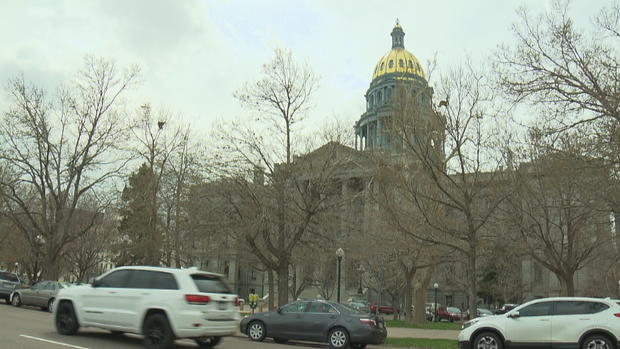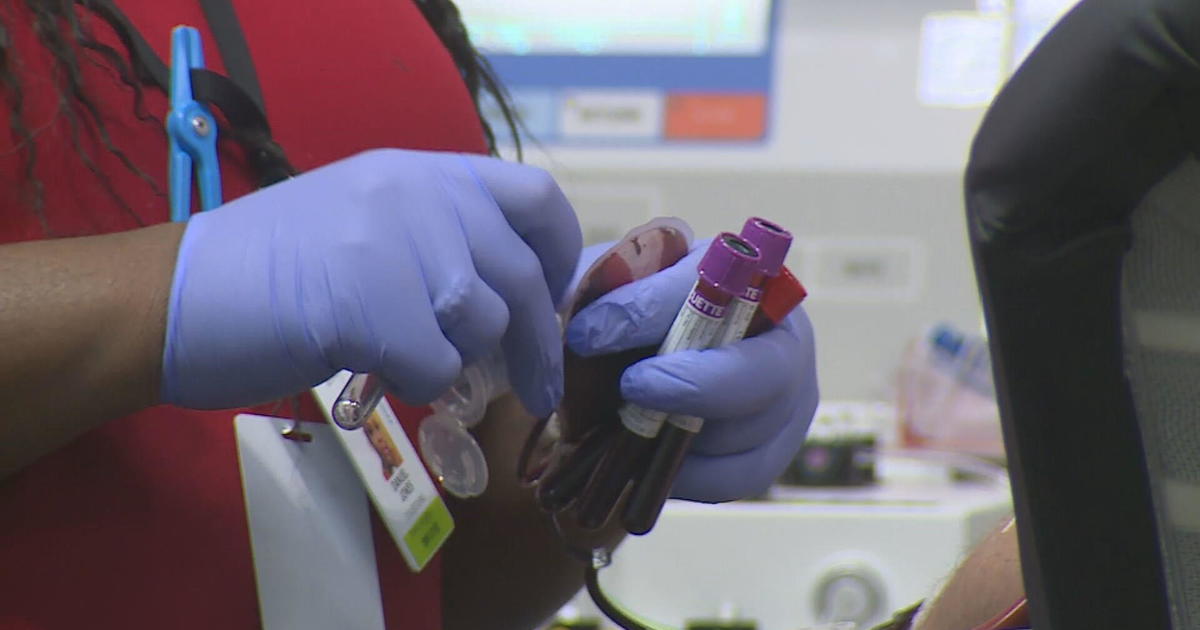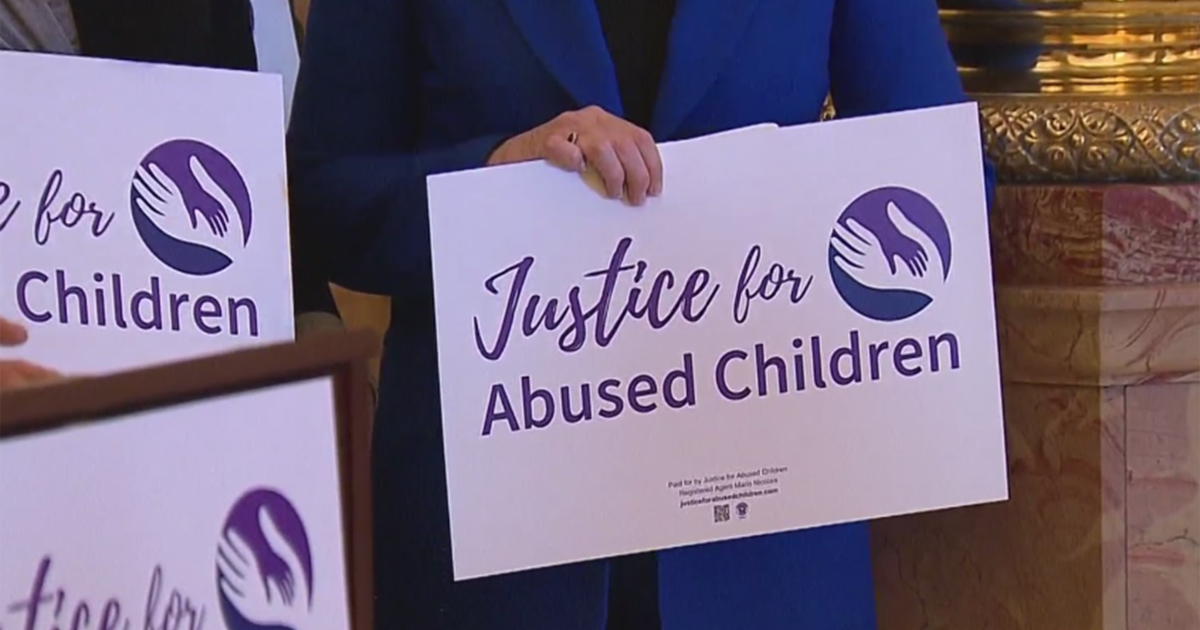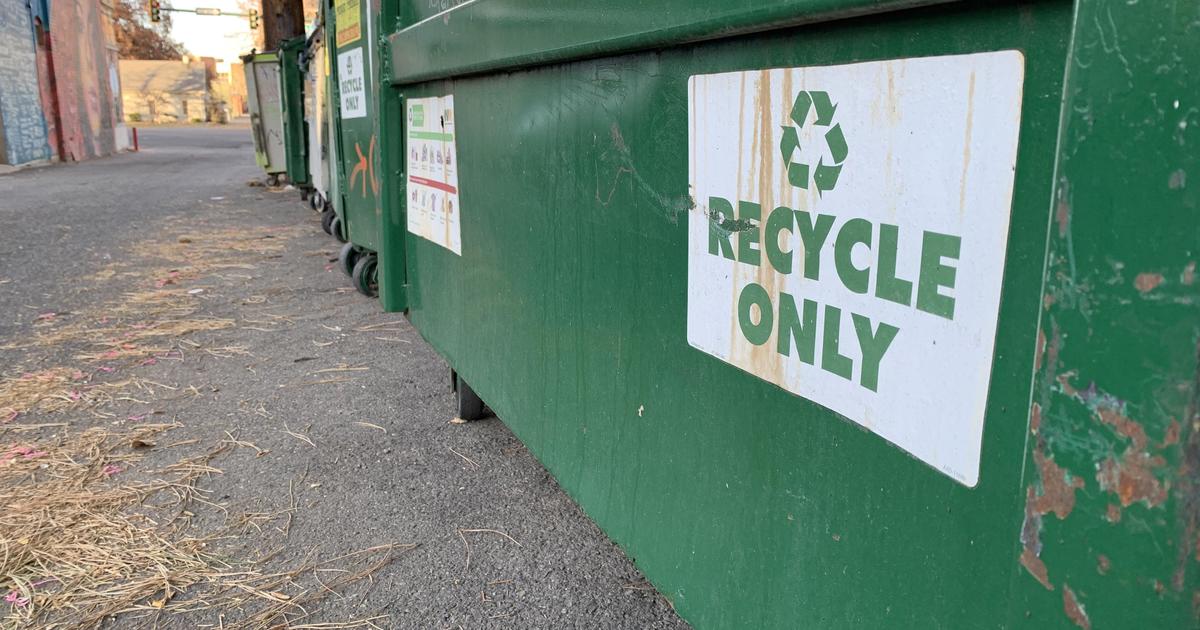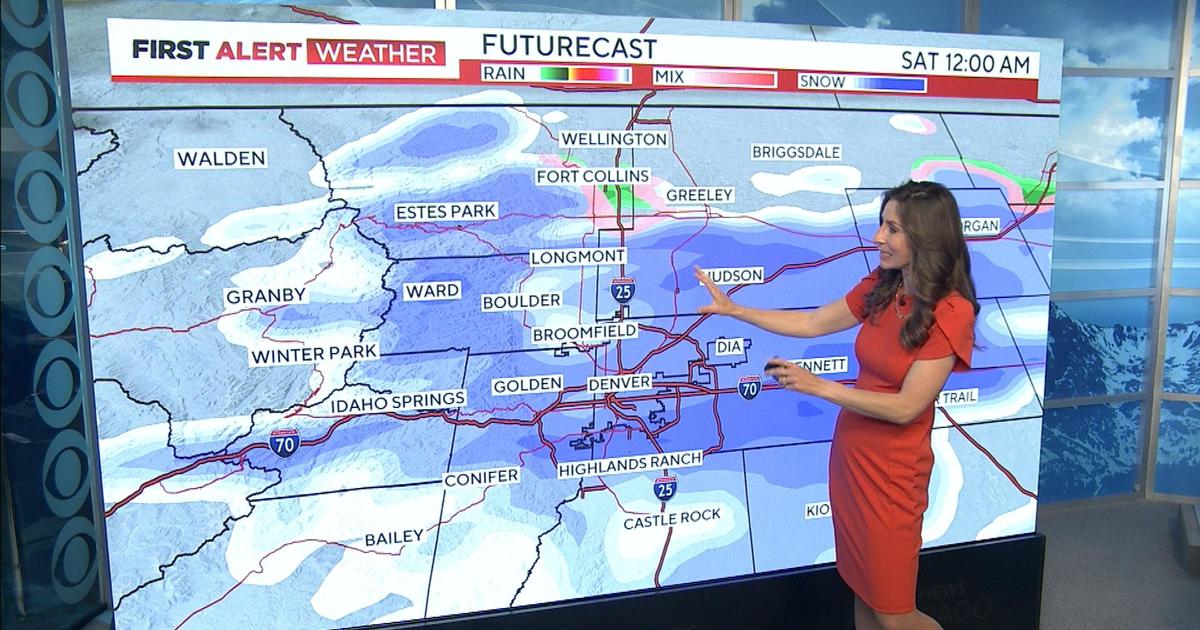Lawmakers Kill Bill Banning Use Of Electronic Devices While Driving
DENVER (CBS4) -- A bill that would've made it illegal to use your cell phone while driving, failed in the House Judiciary Committee Tuesday 10 votes to one. Currently, the law states that it is illegal for anyone under the age of 18 to use a phone and drive. For adults, the law allows talking on the phone -- but no texting.
SB19-012 would've made it illegal for all ages to use any "mobile electronic device" while driving, which encompassed a wide range of devices:
- Cellular telephone
- Broadband personal communication device
- Two-way messaging device
- Text-messaging device
- Pager
- Any electronic device that can receive or transmit text or character-based images, access or store data, or connect to the internet
- Personal digital assistant
- Laptop computer
- Computer tablet
- Stand-alone computer
- Portable computing device
- Mobile device with a touchscreen display that is designed to be worn on the body
- Electronic game
- Equipment that is capable of playing a video, taking photographs, capturing images, or recording or transmitting video and any similar device that is readily removable from a motor vehicle and is used to write, send, or read text or data or 5 capture images or video through manual input
The bill also would've expanded the penalties for violating the law: $50 and 2 points for a first violation, $100 and 2 points for a second violation, $200 and 4 points for a third or subsequent violation, and $300 and 4 points if the violation involves text messaging.
A majority of those opposed felt the bill needed more clarity.
"Does it really stop people from using their phones? The studies tell us that's not the case, so imposing the fine without getting the results doesn't make a lot of sense," said Denise Maes, Public Policy Director for the American Civil Liberties Union.
Maes was among a handful who testified against the bill. She agreed with most in the room who believed something needed to be done about distracted driving but Maes felt SB19-012 wasn't the right solution.
"The studies do tell us that these kinds of laws don't work and so instead you're imposing a criminal offense with lots of penalties with a lot of consequences potentially for something that doesn't work. Let's spend some time figuring out what really works like public service announcements, billboards lots of commercials. I think those things will work," said Maes.
